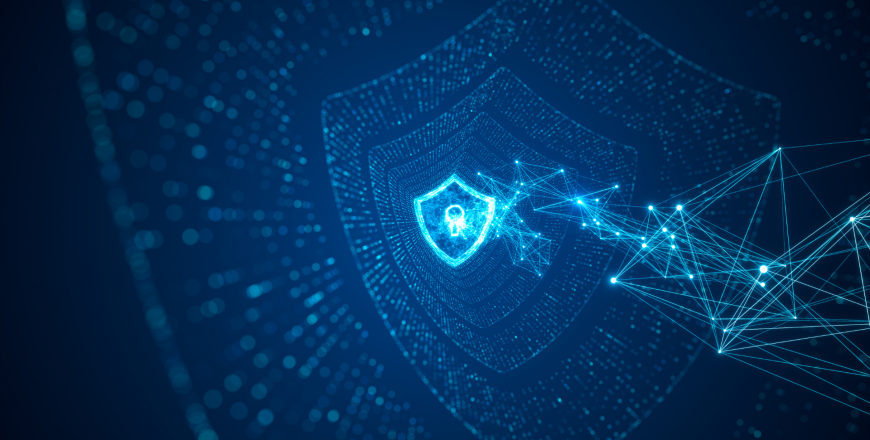An Overview of Cyber Security

Course Overview
This course is designed to provide experienced telecoms and computer network professionals with specialised Cyber Security skills, as it focuses on how end-to-end network protection can be optimized.
Through this course, executives tasked with protecting their company against cyber attacks will learn to appreciate network vulnerabilities used by hackers and the techniques used to thwart them. Internet user will also stand to gain valuable insights on keeping themselves protected and how to prevent against exposure to vulnerable networks.
Target Audience
- Network Security Executives
- Network Security Auditors
- Business Continuity Professionals
- Telecom and Computer Network Engineers
- Strategic Network Planners
- Security Product Development
- Telecom Regulators
Duration & Training Format
- Classroom: 3 days
- LIVE Virtual: 21 hours
- A minimum of 8 or more participants is required for a Classroom session to commence.
- A minimum of 6 or more participants is required for a LIVE Virtual session to commence.
- LIVE Virtual courses can be conducted for 5 hours or 7 hours daily. Please note that the number of training days will be extended if you opt for 5 hours daily.
Upcoming Course Dates
There are no upcoming course dates currently scheduled for this course. If you are keen on attending this course, please register your interest and indicate your preferred training dates via our course enquiry form for us to open a Classroom/LIVE Virtual class schedule for this course.
Course Objectives
At the end of this course, participants will be able to:
- Describe the principal types of security threat that individual computer users, governments, SMEs and large corporations are exposed to
- Describe the strengths and weaknesses of defence mechanisms deployed by end-users, network administrators, and network operators to overcome security threats
- Understand the separate motivations of hackers, crackers and risk managers, and the role that each play in the current cybersecurity landscape
- Appreciate the evolution of cybersecurity technology and concepts such as encryption, firewalls, layering, redundancy, identity and authentication
- Appreciate the increasing importance of cybersecurity in Internet-based products, particularly arising from the growth in cloud computing
- Develop a wargaming approach to test the security of networks
Course Outline
- The Cyber Security Landscape
- What is Cyber Security?
- Terminology
- Current Trends
- Cyber Crime as a Business
- Cost of Cyber Attacks: Financial & Non-Financial
- Countries Best Prepared Against Cyber Attacks
- Types of Attacks and Motivations
- Types of Attacks and Motivations
- Cyber Crime
- ‘Hacktivism’
- Cyber Espionage
- Cyber War
- Top Targets
- Attack Surface and Weak Points of Entry
- Malware and Viruses
- Denial of Service attacks
- Attack Vectors
- Crimeware Tools
- Cyber Attacks – An Evolving Threat
- Key Areas that Require Security
- Cloud Services Security
- Internet of Things Security
- Devices Security
- Mobile Technology Security
- Submarine Cables Security
- Satellite System Security
- Strengths and Weaknesses of Defence Mechanisms
- Cyber Security Risk Management
- Cryptography and Encryption
- Firewalls
- Layering
- Redundancy
- Passwords
- Identity
- Authentication Legal Intercept
- Deep Packet Inspection
- Intrusion Detection
- Case Studies
- Cyber Security Solutions
- Security Solution and Cost Benefit Analysis
- Incident Response
- Confidentiality, Integrity, Availability
- Wargaming



